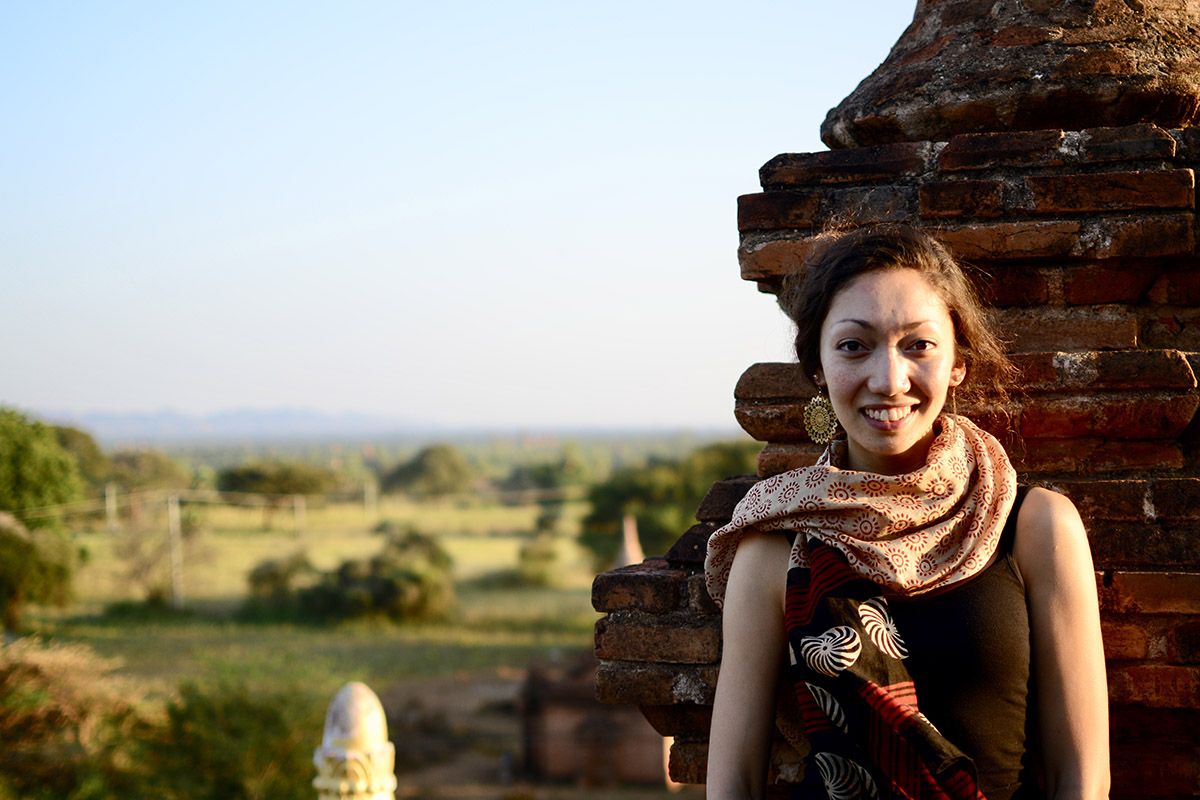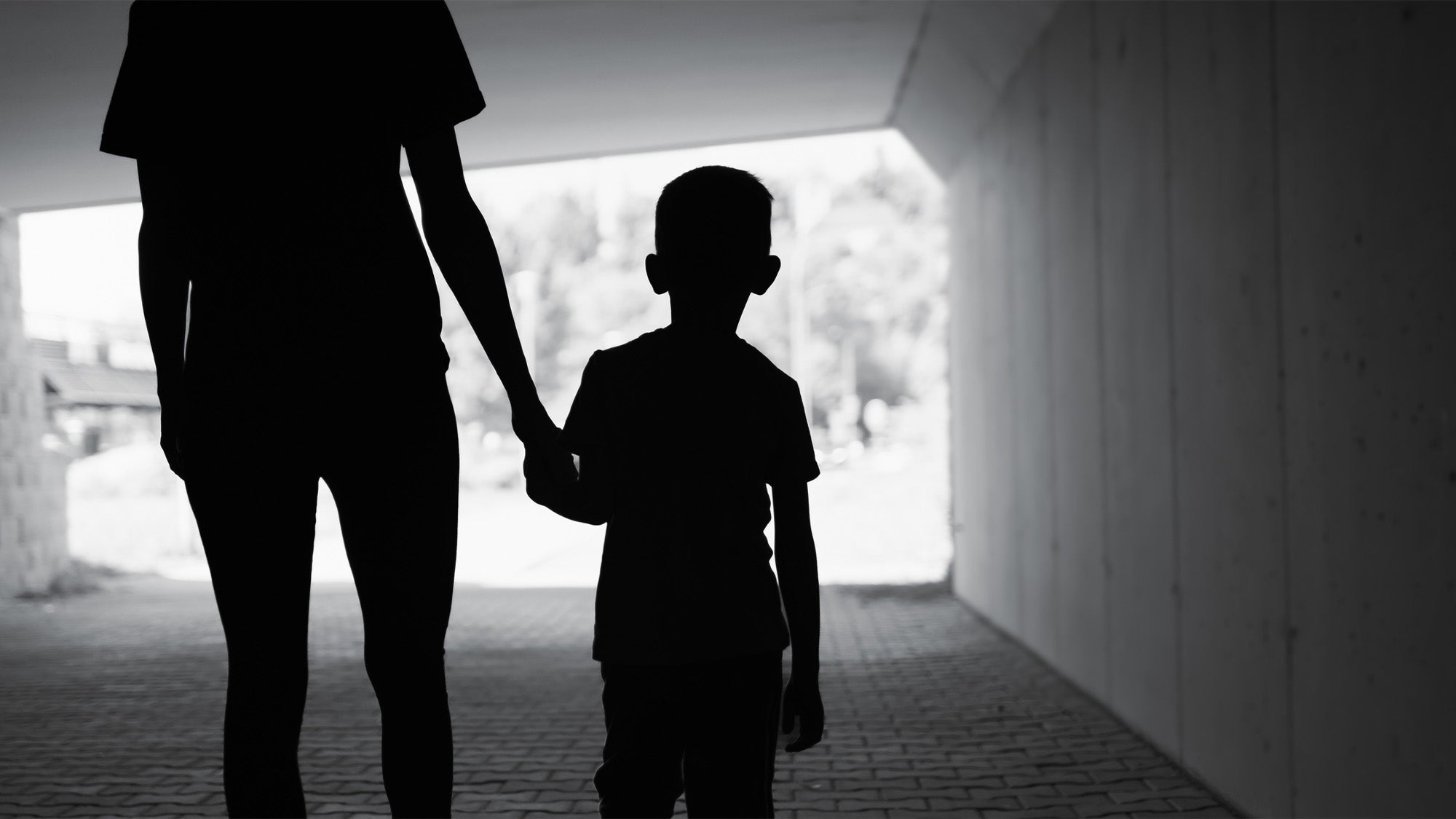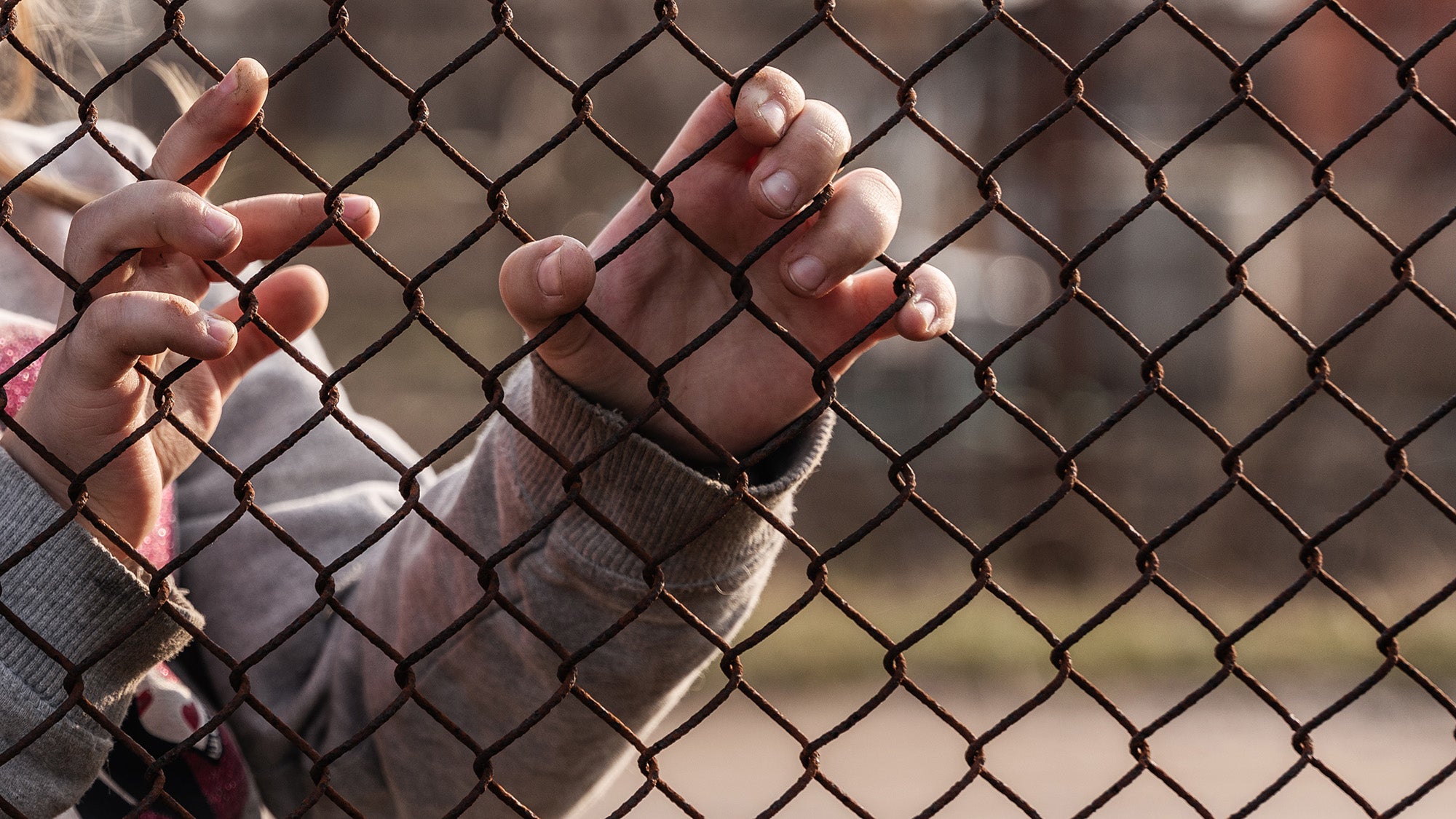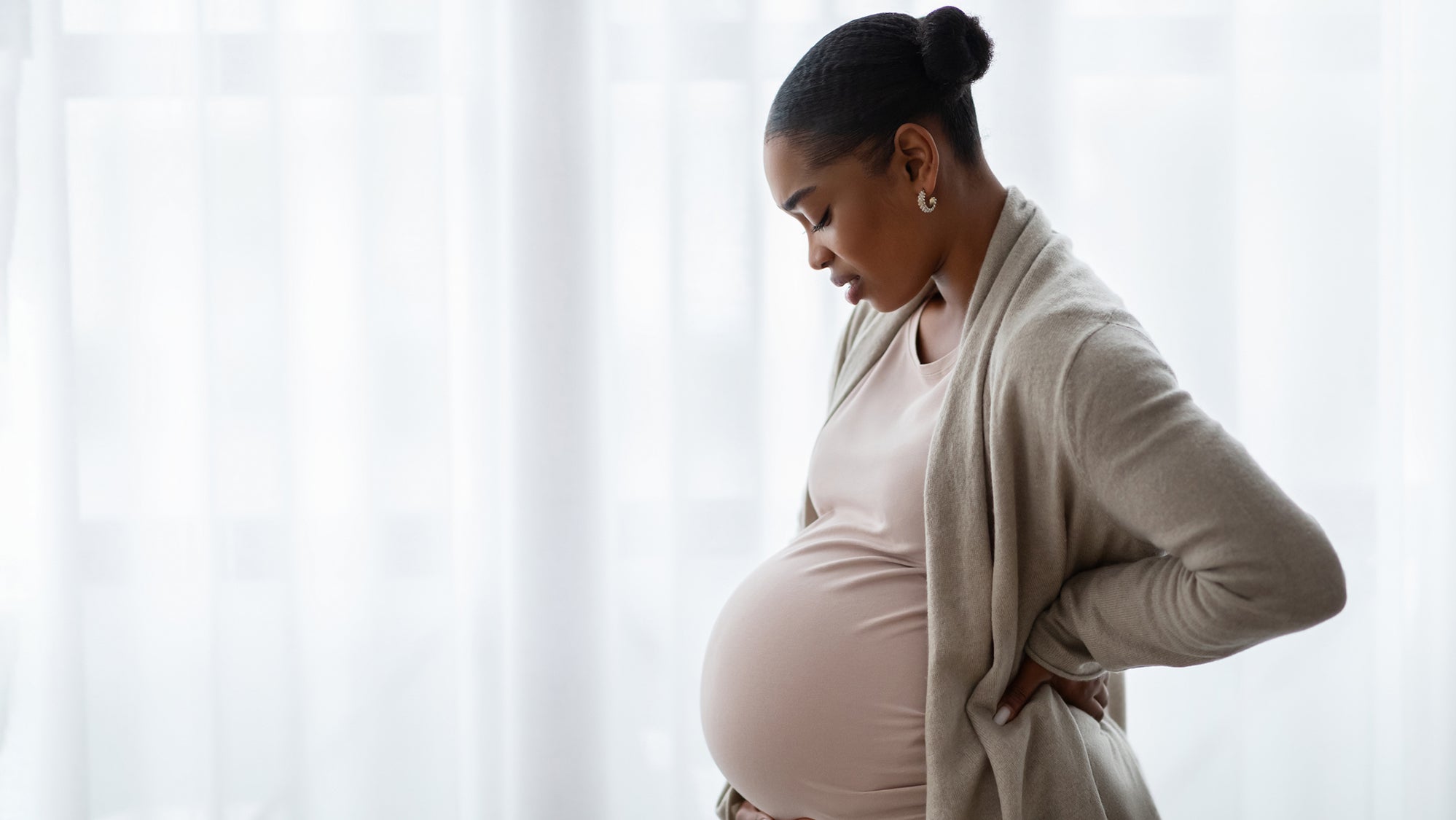Finding peace and purpose during a pandemic

Global health student Michelle Korte, MPH ’21, is using her time in isolation to focus on what matters most
May 15, 2020 – Michelle Korte, MPH ’21, is taking time for long group calls with old friends, daily sunsets—and a little more television than usual—as she weathers the early weeks of the COVID-19 lockdown with loved ones in Gulf Shores, Alabama. It’s a big change of pace for a global health practitioner who started her program at Harvard T.H. Chan School of Public Health last fall with field research experience in Uganda and Myanmar already under her belt.
“This is a stressful time and we need to do what is best for ourselves to keep sane and well,” she said. For Korte, that means making social connections and healthy food a priority. And when it comes to her work, she’s feeling particularly motivated by projects that feed her desire to make a difference—including several related to COVID-19.
Korte is looking at ways that societal lockdowns during the pandemic have changed people’s lives throughout the world, and exploring innovative solutions that could make the transition easier and healthier for individuals and institutions if another infectious disease outbreak were to happen. In an extracurricular project for the course Design of Social Innovation, she’s conducting a literature review and ethnographic research exploring how design might play a role. For a separate study, she’s developing an online survey to assess the mental and psychosocial impact on American college students from transitioning to remote learning. She also hopes to work on more such timely projects this summer.
“At a time like this, it feels very rewarding to be working in public health,” she said. “I may not be a medical provider, but I might be able to contribute through research that can be useful to people. That possibility is very exciting.”
From Kentucky to Myanmar
Korte grew up in Bowling Green, Kentucky. She realized at a young age that her mother, originally from the Philippines, had grown up with far less comfort and opportunity than what she had provided for Korte and her brother. This made Korte want to understand why people’s lives could be so unequal depending on where they lived—and to do something about it.
Although she had never been on a plane before she traveled to Yale for undergraduate study, Korte—a first-generation college student—soon began adding stamps to her passport. A study abroad program in global health took her to India, Argentina, and South Africa. In one of her first jobs out of school, she spent three years conducting field research in Uganda and Myanmar for the non-profit research and policy organization Innovations for Poverty Action, working on projects such as evaluating a community health worker program and surveying people around issues related to conflict and security. While she loved the work, she found herself wanting to move from evaluating programs to developing them. This led her to Harvard Chan School, where she is earning an MPH-65 degree with support from the Harvard Presidential Scholarship Fund.
This January, Korte had the opportunity to travel to the Gambia through the Harvard Ministerial Leadership Program. She and a team of other Harvard Chan School students researched social determinants of maternal mortality for the Ministry of Health. Korte said that there’s interest in the ministry to continue working with the students on this issue and, hopefully, using their report to make changes to improve maternal health.
She also has been serving as a graduate research assistant in the HaSET for Mothers and Children research lab, working with Grace Chan, assistant professor in the Department of Epidemiology, on studies related to improving maternal, newborn, and child health in Ethiopia.
While it’s become harder to think about longer-term plans during the current crisis, Korte, who will be finishing her coursework in December, hopes to ultimately work on designing and implementing “person-centered” (meaning that they empower people to take charge of their own health) reproductive and maternal health programs in low- and middle-income countries.
In the meantime, she’s enjoying being part of the Harvard Chan School, even from a distance. “I love the experiences that my classmates bring to the table, and it’s great feeling like I can contribute to those conversations,” she said. “This is a community where I can belong.”
Photo: Courtesy of Michelle Korte


